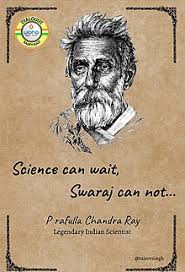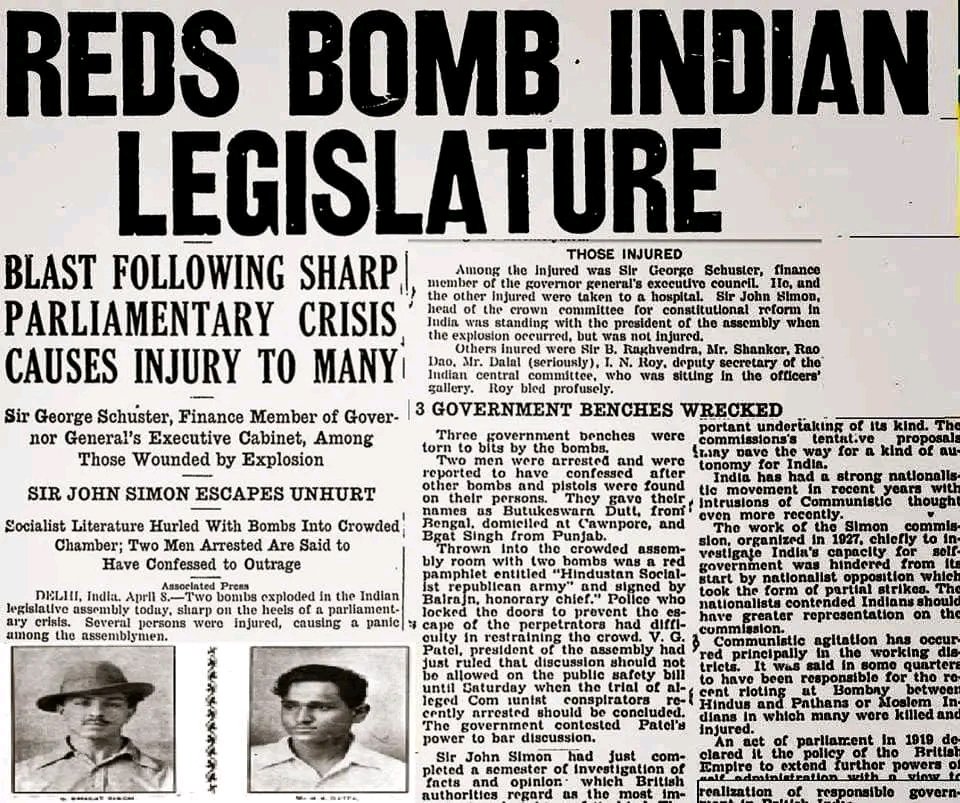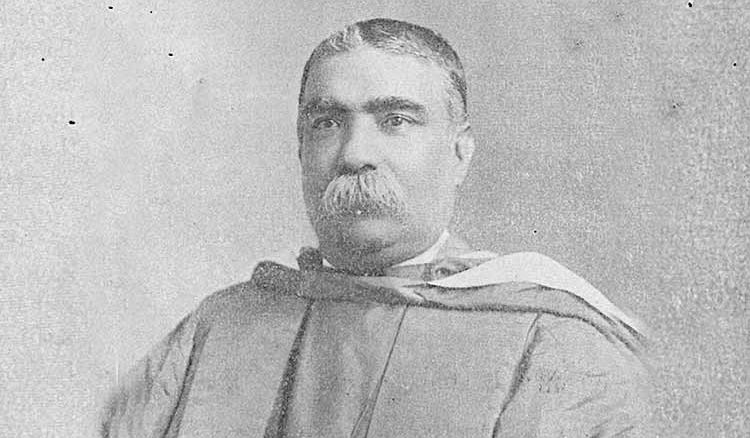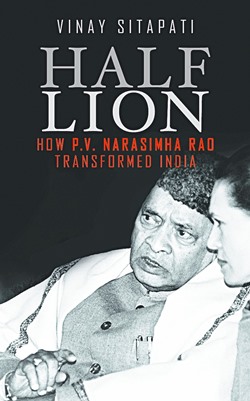
#KamalaNehru – An Unfortunate Soul who never found solace in her husband.
I have compiled this thread from Nehru family’s adopted daughter Sagarika Ghose’s book Indira – India’s Most Powerful Prime Minister.
On her birth anniversary, I’m sharing, how a Hindi speaking woman
I have compiled this thread from Nehru family’s adopted daughter Sagarika Ghose’s book Indira – India’s Most Powerful Prime Minister.
On her birth anniversary, I’m sharing, how a Hindi speaking woman

Kamala Kaul was MIS-treated by Foreign Loving Nehru family and the reaction of helpless daughter Indira Priyadarshini.
Ironically, what Indira saw Vijayalakshmi do to Kamala, she did the same to Maneka.
Kamala came into a smart, English-speaking, westernized household, herself
Ironically, what Indira saw Vijayalakshmi do to Kamala, she did the same to Maneka.
Kamala came into a smart, English-speaking, westernized household, herself
raised in a traditional Kashmiri family from Old Delhi, not fluent in English, speaking only Hindi, unfamiliar with English-style fine dining or the use of cutlery. She was often insulted and ignored for not being sophisticated, or witty and socially adept.
Jawaharlal Nehru
Jawaharlal Nehru
hated his wife because she didn’t know how to eat in Western Style.
Vijayalakshmi and Swarup Rani, both possessively adoring of Jawaharlal, were not kind to Kamala; instead they were openly condescending and rude. Once when plans were being made to watch an English movie,
Vijayalakshmi and Swarup Rani, both possessively adoring of Jawaharlal, were not kind to Kamala; instead they were openly condescending and rude. Once when plans were being made to watch an English movie,
the family did not invite Kamala, commenting loudly that she would not be able to understand English. A frail, young, introverted yet proud and obstinate Kamala was pushed into bewildered misery, left alone to face the insults as her husband remained preoccupied and her
sister-in-law and mother-in-law competed with her for his limited time and attention.
Vijayalakshmi had always shared a special bond with her brother. They went riding together, read poetry to each other, and for Vijayalakshmi, Kamala was an interloper, an unwanted,
Vijayalakshmi had always shared a special bond with her brother. They went riding together, read poetry to each other, and for Vijayalakshmi, Kamala was an interloper, an unwanted,
unsophisticated outsider who had taken her place at her brother’s side. Pupal Jayakar, who had been Indira’s friend since they were both girls in Allahabad, writes,’Both Kamala and Indira felt cruelly excluded by the brilliance & good looks that set her father and Vijayalakshmi
apart in the admiring glances of people… she [Indira] had been driven into herself by feelings of inferiority, feelings which remained with her all her life.’
Not only did Vijayalakshmi make her possessive love for her brother and scorn for her brother’s wife plain but her
Not only did Vijayalakshmi make her possessive love for her brother and scorn for her brother’s wife plain but her
destructive and hurtful words changed Indira forever.
Infact, When Indira was fourteen she overheard her aunt calling her ‘ugly and stupid’, The remark shattered something within me commented Indira after many years, and even a fortnight before her death the remark remained
Infact, When Indira was fourteen she overheard her aunt calling her ‘ugly and stupid’, The remark shattered something within me commented Indira after many years, and even a fortnight before her death the remark remained
fresh in her memory. She never forgot those words, never forgave her aunt and bided her time for revenge.
Indira’s hatred never did abate. In 1970 when Prime Minister Indira Gandhi decided to give Anand Bhawan to the Jawaharlal Nehru Trust,Indira denied her aunt permission to
Indira’s hatred never did abate. In 1970 when Prime Minister Indira Gandhi decided to give Anand Bhawan to the Jawaharlal Nehru Trust,Indira denied her aunt permission to
stay at the ancestral home one last time. She also did not invite her aunt to her younger son Sanjay Gandhi’s wedding.
Usually, the neglected Kamala was taken care by Indira Priyadarshini, While Kamala’s emotional anguish began to take a toll on her health, Indira learned how to
Usually, the neglected Kamala was taken care by Indira Priyadarshini, While Kamala’s emotional anguish began to take a toll on her health, Indira learned how to
score over intimate enemies at home, taking the blows of family jealousies on the chin. She was often angry at her father for neglecting her mother. ‘Do you know what happens at home when you are absent?’ she would write angrily to Jawaharlal. ‘Do you know that when Mummie was
in a very bad condition the house was full of people, but not even one of the went to see her or sit a while with her and when she was in agony there was no one to help her… there is some danger in Mummie being left to herself.’ She never quite forgave Jawaharlal for his
treatment of Kamala; the grudge she bore would surface as rebellion against her father when it came to her own decision to marry.
She became determined to avoid the same fate as her mother. ‘I saw her being hurt, and I was determined not to be hurt,’ she said later.
She became determined to avoid the same fate as her mother. ‘I saw her being hurt, and I was determined not to be hurt,’ she said later.
‘I loved her deeply and when I thought she was being wronged, I fought for her and quarrelled with people.’ My mother had a special role in my life,’ she said, ‘she had a very strong character and made a very deep impression.’
In her later years it was Kamala Nehru’s portrait
In her later years it was Kamala Nehru’s portrait
that hung next to Indira Gandhi’s bed, not Jawaharlal’s.
When Kamala produced a girl for him, it was the end of the road with Kamala and Indira, she was the girl-boy, Indu-boy for him.
Nehru gave her a sense of inadequacy for not being bright enough and Indira seems to have
When Kamala produced a girl for him, it was the end of the road with Kamala and Indira, she was the girl-boy, Indu-boy for him.
Nehru gave her a sense of inadequacy for not being bright enough and Indira seems to have
spent a larger part of her life trying to prove to Nehru what a “boy” she was. Nehru must have been so obsessed with the idea of a son that his daughter felt the need to sign her letters as “From your loving Indu boy”.
Before closing, introducing other side of 1st PM
Before closing, introducing other side of 1st PM
He went to the extent of mocking a person, who was alluding to a man having an affair with Kamla Nehru, brushing it off as “Look at her. Would someone want to have an affair with her?”
#ForgottenHistory
#KamalaNehru
#VANDEMATARAM
#ForgottenHistory
#KamalaNehru
#VANDEMATARAM
• • •
Missing some Tweet in this thread? You can try to
force a refresh
















